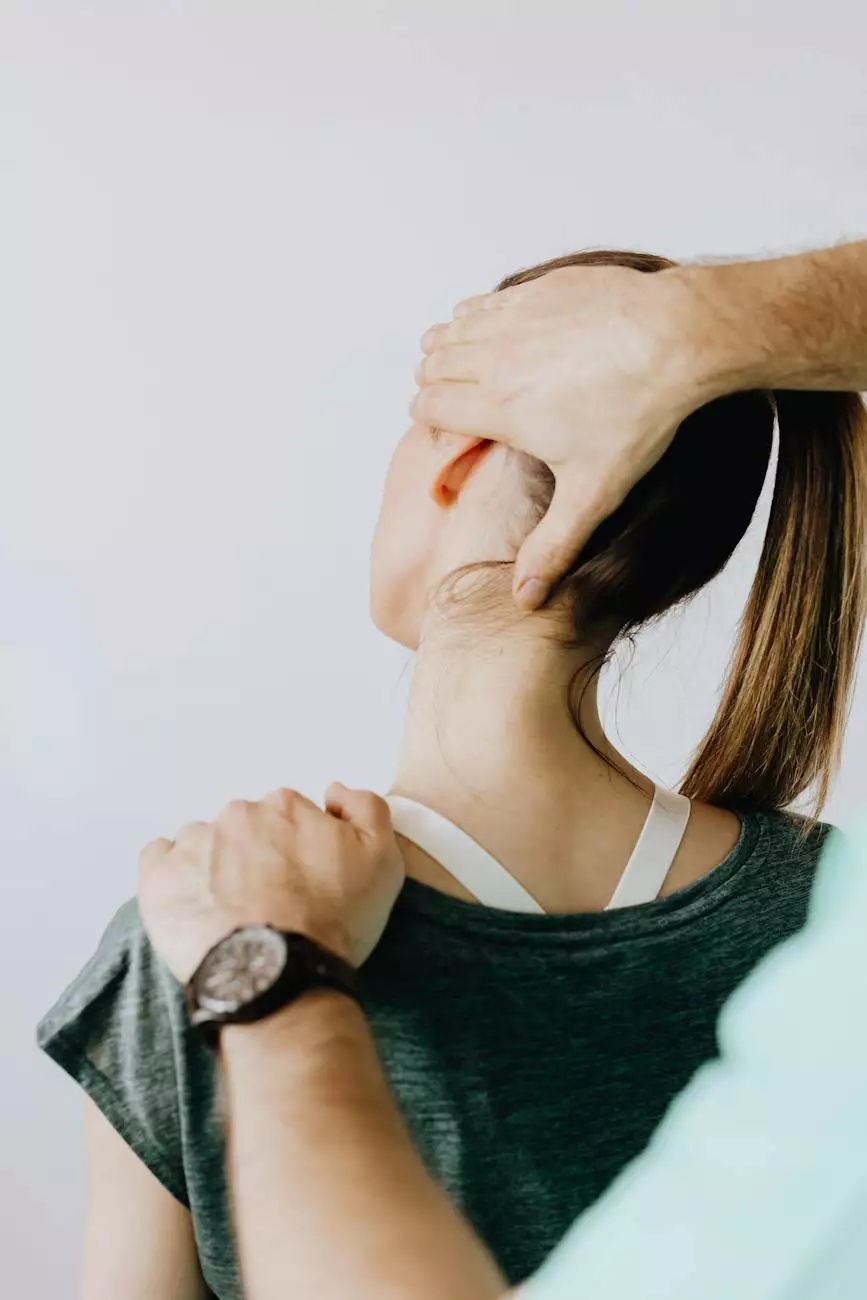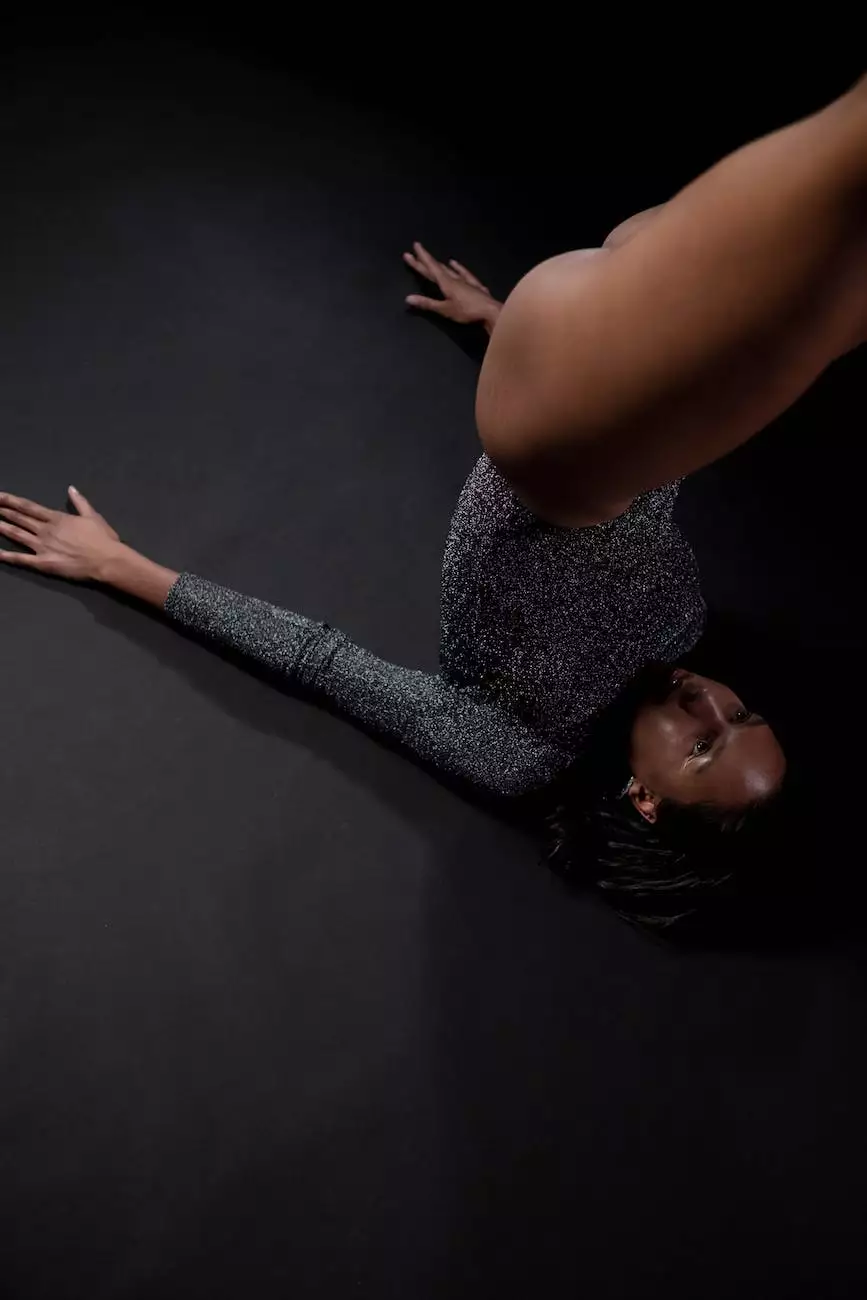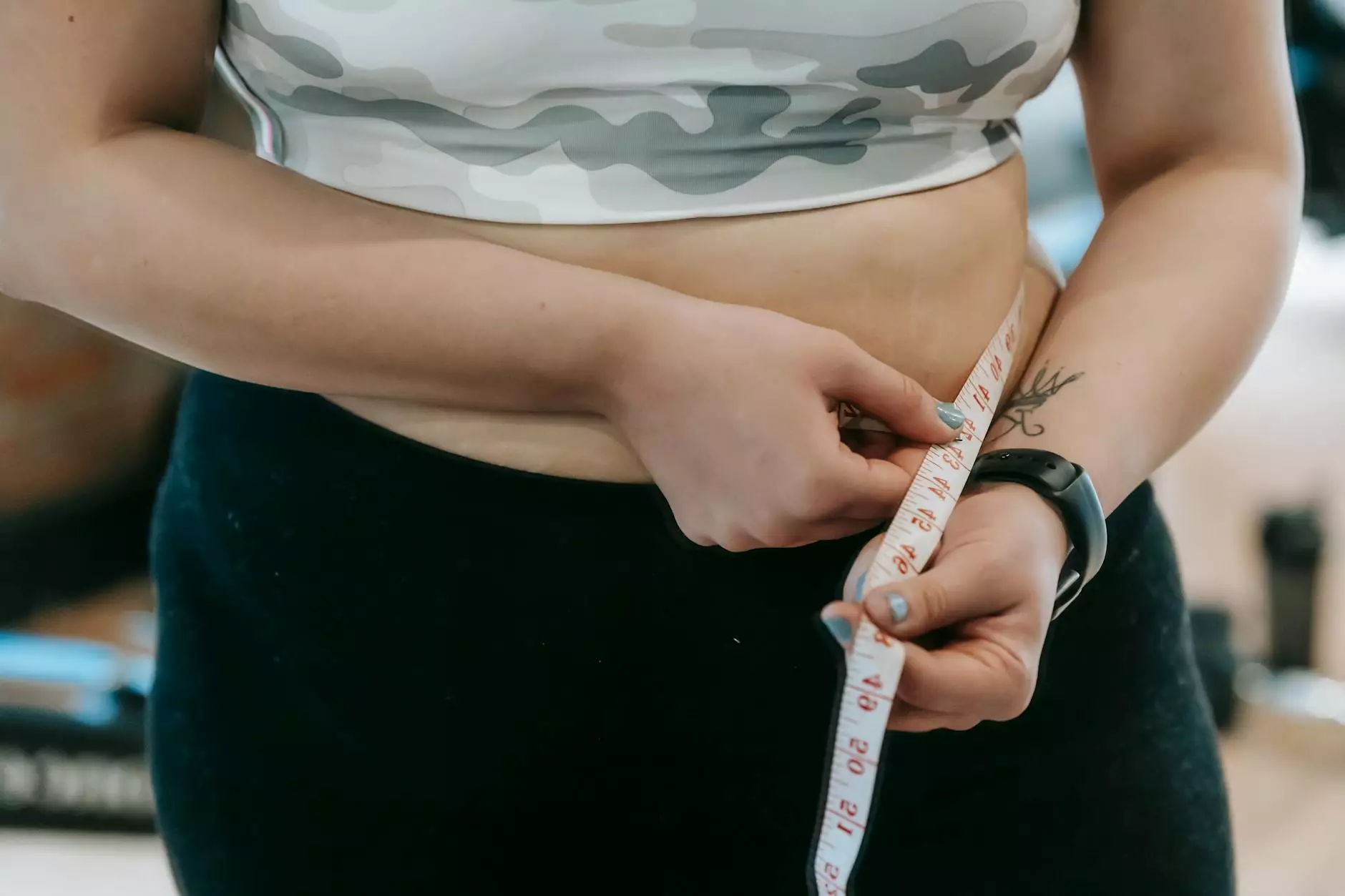Prosthetic Socks for Improved Comfort and Fit

At Foley James D MD, we understand the importance of providing our patients with the best possible prosthetic solutions. One such solution that greatly enhances comfort and fit for amputees is the use of prosthetic socks. Prosthetic socks are specifically designed to create a cushioning layer between the residual limb and the prosthetic socket, promoting better shock absorption and preventing skin irritation.
Benefits of Prosthetic Socks
Prosthetic socks offer a range of benefits for individuals who wear prosthetic devices. Some of the key advantages include:
- Improved Comfort: The soft and breathable fabric of prosthetic socks helps to minimize discomfort by reducing friction and pressure points on the residual limb.
- Enhanced Fit: Prosthetic socks come in various thicknesses that allow for a more customized fit, ensuring a snug and secure connection between the residual limb and the socket of the prosthetic device.
- Shock Absorption: The cushioning effect of prosthetic socks helps absorb impact forces, reducing the strain on the residual limb and minimizing the risk of injury or discomfort.
- Moisture Control: Many prosthetic socks are designed with moisture-wicking properties, which help keep the residual limb dry and prevent the buildup of sweat or moisture that can lead to skin irritation.
- Protection: Prosthetic socks provide an additional layer of protection against friction and rubbing, which can help prevent skin breakdown and ulcers.
Types of Prosthetic Socks
There are several types of prosthetic socks available, each catering to different needs and preferences. The most commonly used types include:
Cushion Prosthetic Socks
Cushion prosthetic socks are constructed with a thicker material to provide extra padding and cushioning. They are ideal for individuals who require additional shock absorption or have bony prominences that need extra protection.
Ply Prosthetic Socks
Ply prosthetic socks come in various thicknesses, or "plies," ranging from one-ply to five-ply. The higher the ply, the thicker the sock. These socks allow for more adjustability in achieving a comfortable fit, as they can be layered or removed as required.
Sheath Prosthetic Socks
Sheath prosthetic socks feature a gel or silicone sheath that covers the residual limb. This type of sock provides added protection, especially for those with sensitive skin or scars, by reducing direct contact between the limb and the prosthetic socket.
Choosing the Right Prosthetic Sock
When it comes to selecting the right prosthetic sock, it is essential to consider the individual's unique needs and requirements. Factors to consider include:
- Residual Limb Shape: The shape and contours of the residual limb can influence the choice of sock thickness and material. It is important to choose a sock that offers a snug fit without causing excessive pressure or discomfort.
- Activity Level: The individual's activity level and lifestyle should also be considered. Those with a more active lifestyle may need thicker socks for enhanced shock absorption and support.
- Skin Sensitivity: Individuals with sensitive skin or allergies may benefit from choosing socks that are hypoallergenic or made from specialized materials that minimize the risk of irritation.
- Climate Conditions: Climate conditions can impact moisture control. In hotter climates, breathable and moisture-wicking socks may be preferred to help prevent excessive sweating.
Where to Find High-Quality Prosthetic Socks
If you are in search of top-quality prosthetic socks, look no further than Foley James D MD. We pride ourselves on offering a wide range of prosthetic solutions, including prosthetic socks, to help our patients improve their overall comfort and mobility.
Our experienced team will work closely with you to determine the most suitable prosthetic sock type and thickness for your individual needs. With our expertise and commitment to patient satisfaction, you can trust us to provide you with the best possible prosthetic socks.
Enhance your prosthetic experience with Foley James D MD. Contact us today to schedule a consultation or learn more about our prosthetic solutions and services.










